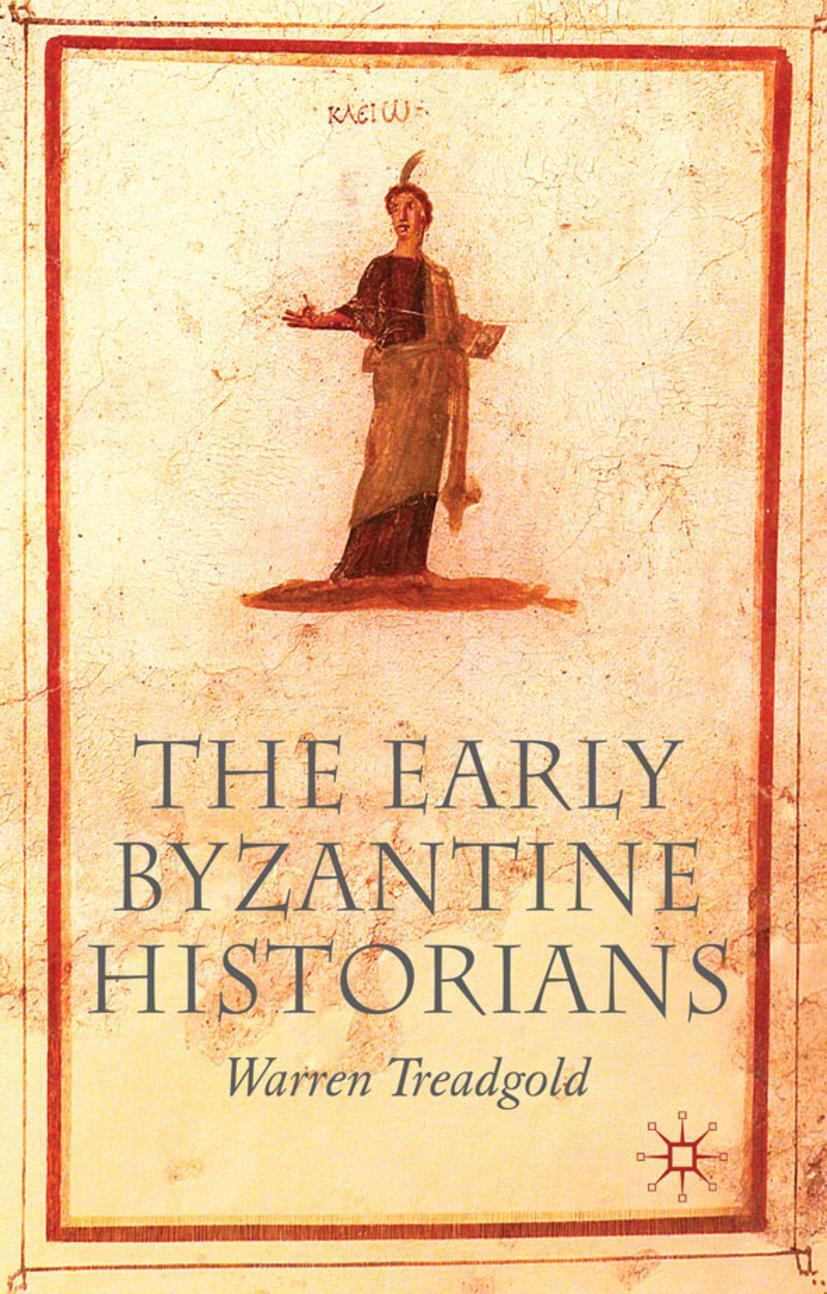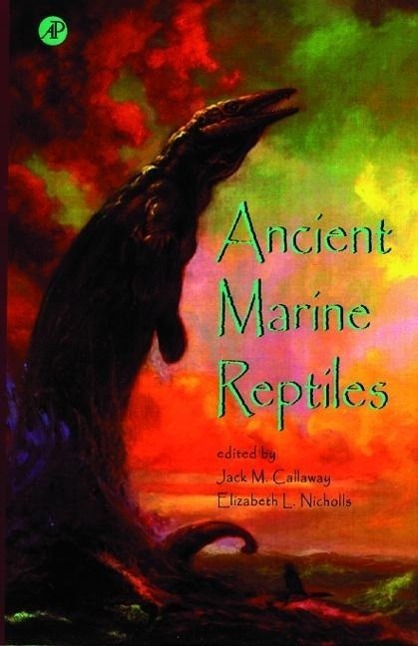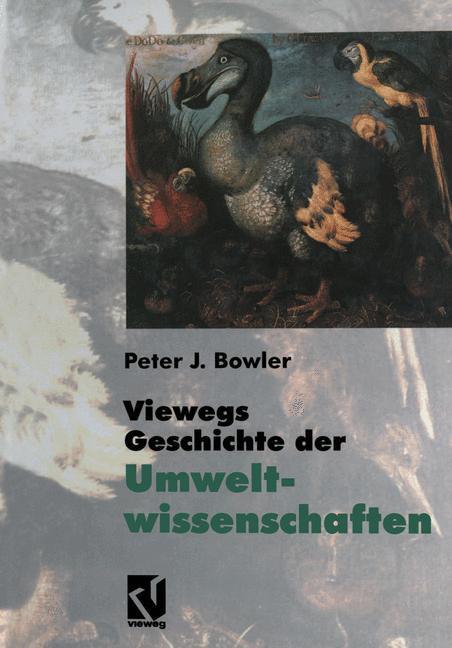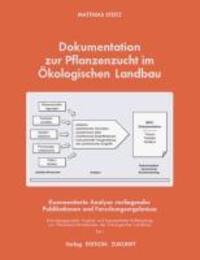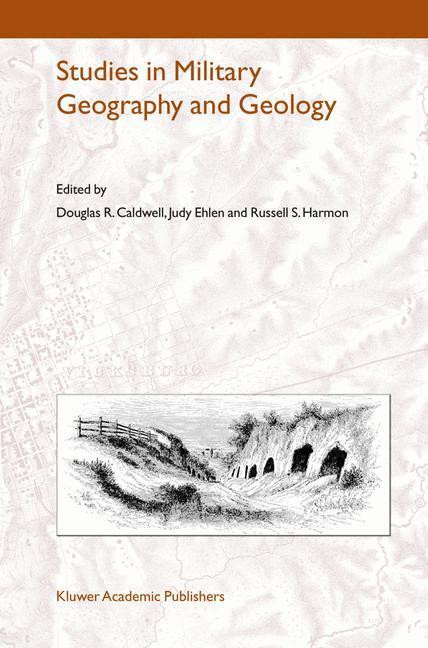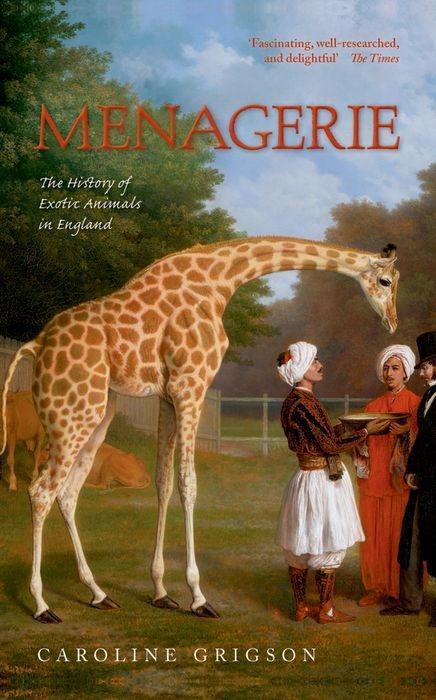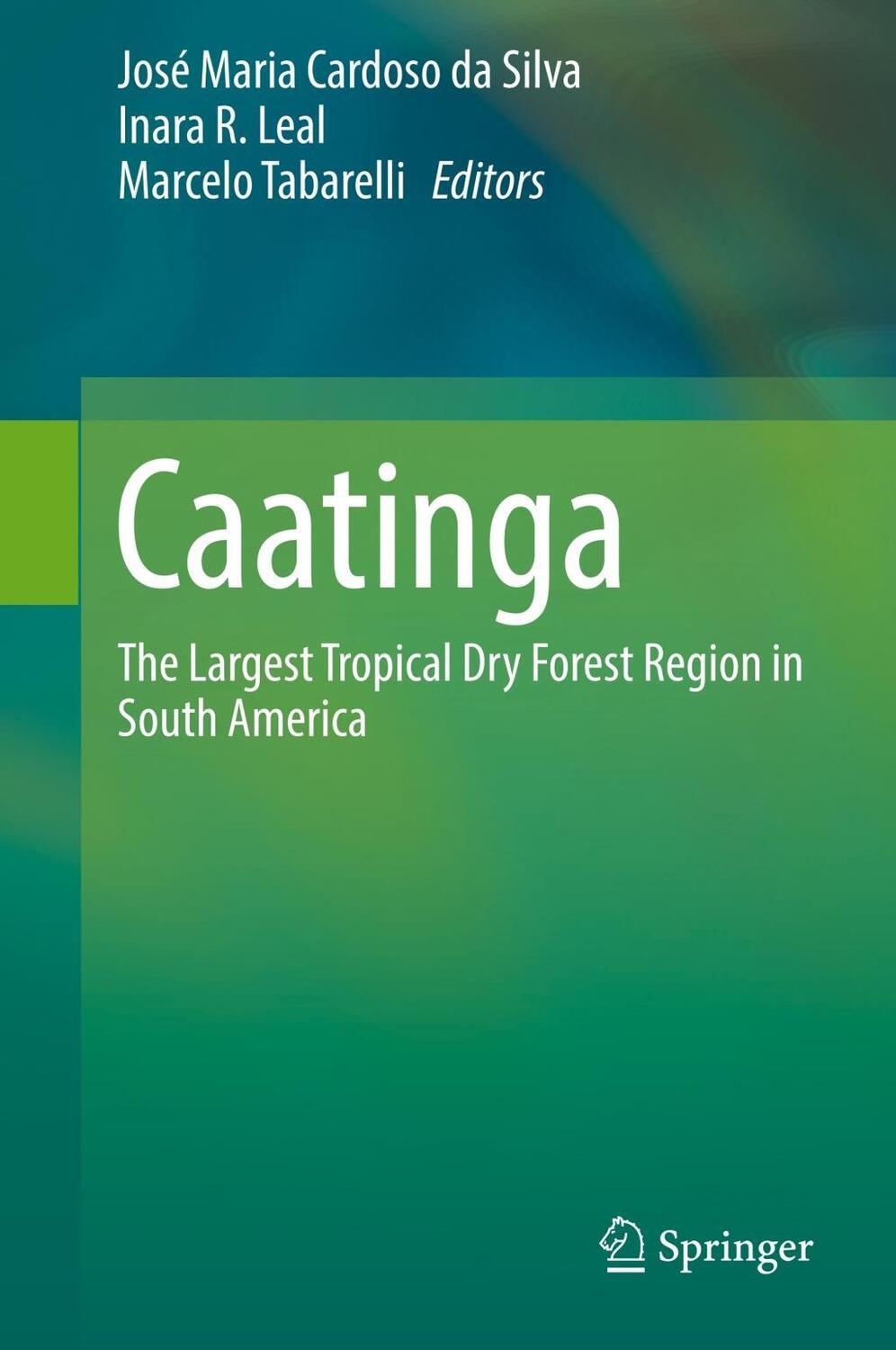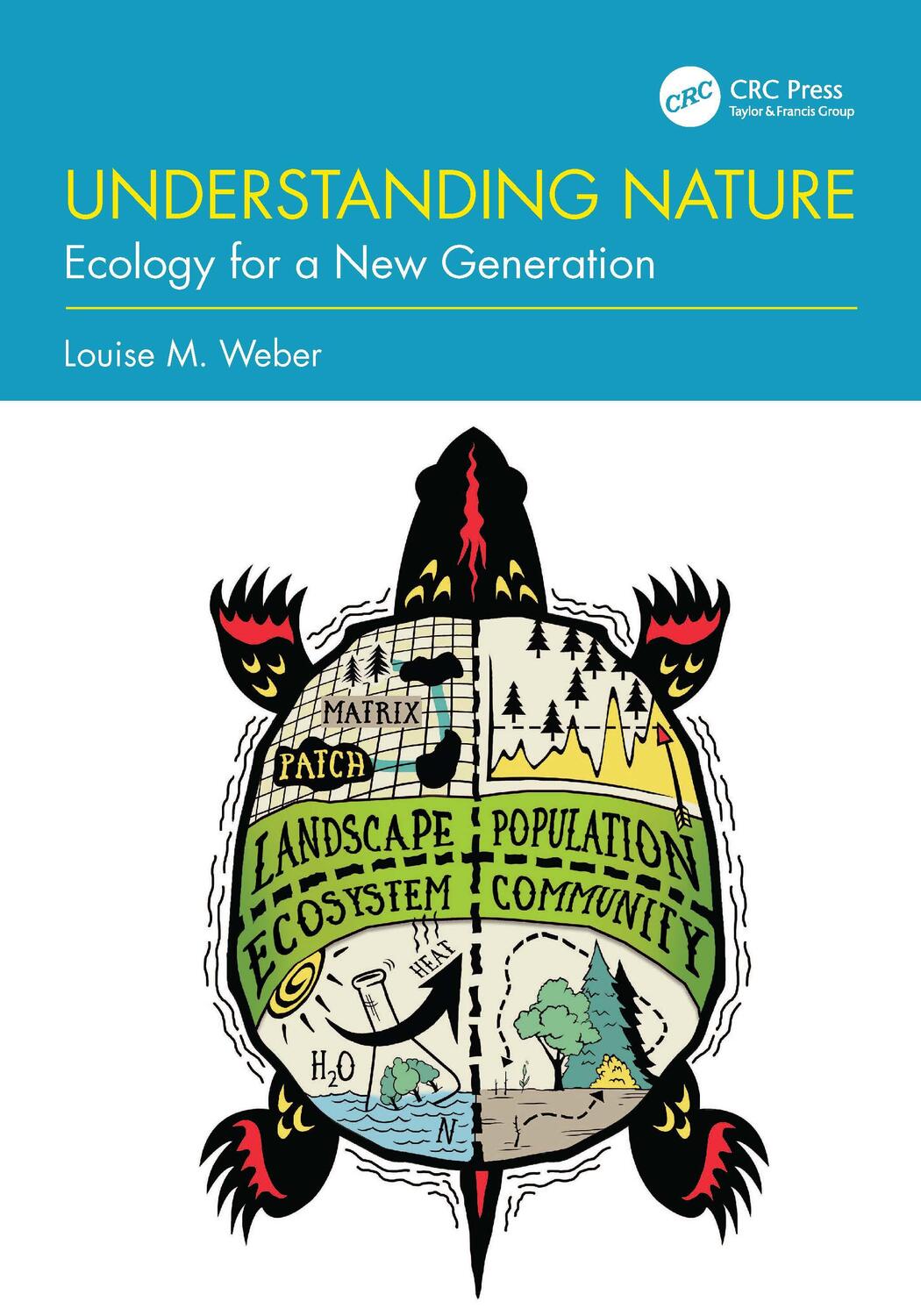88,90 €*
Versandkostenfrei per Post / DHL
Lieferzeit 2-3 Wochen
The book begins by considering the problem of generation, focusing on the debate over the notion of ¿formative force.¿ Readers are invited to engage with the epistemological status of this formative force, i.e. the question of the principle behind organization. The second chapter provides a reconstruction of the physiology of vital forces as it was elaborated in the mid- to late-eighteenth century by the group of physicians and naturalists known as the ¿Göttingen School.¿ Readers are shown how these authors developed an understanding of the animal kingdom as a graded series of organisms with increasing functional complexity.
Chapter three tracks the development of such framework in Romantic Naturphilosophie. The author introduces the reader to the problem of classification, showing how Romantic philosophers of nature regarded classification as articulated by a unified plan that connects all living forms with one another, relying on the idea of living nature as a universal organism. In the closing chapter, this analysis shows how the three instances of pre-biological discourse on living beings ¿ theory of generation, physiology and natural history ¿ converged to form the consolidated disciplinary matrix of a general biology.
The book offers an insightful read for all scholars interested in classical German philosophy, especially those researching the philosophy of nature, as well as the history and philosophy of biology.
The book begins by considering the problem of generation, focusing on the debate over the notion of ¿formative force.¿ Readers are invited to engage with the epistemological status of this formative force, i.e. the question of the principle behind organization. The second chapter provides a reconstruction of the physiology of vital forces as it was elaborated in the mid- to late-eighteenth century by the group of physicians and naturalists known as the ¿Göttingen School.¿ Readers are shown how these authors developed an understanding of the animal kingdom as a graded series of organisms with increasing functional complexity.
Chapter three tracks the development of such framework in Romantic Naturphilosophie. The author introduces the reader to the problem of classification, showing how Romantic philosophers of nature regarded classification as articulated by a unified plan that connects all living forms with one another, relying on the idea of living nature as a universal organism. In the closing chapter, this analysis shows how the three instances of pre-biological discourse on living beings ¿ theory of generation, physiology and natural history ¿ converged to form the consolidated disciplinary matrix of a general biology.
The book offers an insightful read for all scholars interested in classical German philosophy, especially those researching the philosophy of nature, as well as the history and philosophy of biology.
Andrea Gambarotto obtained his PhD in a co-tutored program between the Scuola Normale Superiore (Florence) and the Institut d'historie et de philosophie des sciences et des techniques (Paris). His main areas of expertise are classical German philosophy, philosophy of nature and philosophy of biology. He has published papers especially on German Idealism and on the history of German life-sciences between 18th and 19th century. He is the editor of a volume in history and philosophy of biology dedicated to the notion of organism.
Presents broad textual evidence for the development of theories relating to living forms in classical German philosophy
Proposes that the Biologie is a unitary framework that consists substantially in a compilation and interpretation of earlier theories
Provides an overall account of vitalism and the philosophy of nature in 18th century Germany| Erscheinungsjahr: | 2017 |
|---|---|
| Genre: | Technik allg. |
| Rubrik: | Naturwissenschaften & Technik |
| Medium: | Buch |
| Seiten: | 168 |
| Reihe: | History, Philosophy and Theory of the Life Sciences |
| Inhalt: |
xxii
137 S. |
| ISBN-13: | 9783319654140 |
| ISBN-10: | 3319654144 |
| Sprache: | Englisch |
| Herstellernummer: | 978-3-319-65414-0 |
| Ausstattung / Beilage: | HC runder Rücken kaschiert |
| Einband: | Gebunden |
| Autor: | Gambarotto, Andrea |
| Auflage: | 1st ed. 2018 |
| Hersteller: |
Springer International Publishing
History, Philosophy and Theory of the Life Sciences |
| Maße: | 241 x 160 x 15 mm |
| Von/Mit: | Andrea Gambarotto |
| Erscheinungsdatum: | 10.10.2017 |
| Gewicht: | 0,424 kg |
Andrea Gambarotto obtained his PhD in a co-tutored program between the Scuola Normale Superiore (Florence) and the Institut d'historie et de philosophie des sciences et des techniques (Paris). His main areas of expertise are classical German philosophy, philosophy of nature and philosophy of biology. He has published papers especially on German Idealism and on the history of German life-sciences between 18th and 19th century. He is the editor of a volume in history and philosophy of biology dedicated to the notion of organism.
Presents broad textual evidence for the development of theories relating to living forms in classical German philosophy
Proposes that the Biologie is a unitary framework that consists substantially in a compilation and interpretation of earlier theories
Provides an overall account of vitalism and the philosophy of nature in 18th century Germany| Erscheinungsjahr: | 2017 |
|---|---|
| Genre: | Technik allg. |
| Rubrik: | Naturwissenschaften & Technik |
| Medium: | Buch |
| Seiten: | 168 |
| Reihe: | History, Philosophy and Theory of the Life Sciences |
| Inhalt: |
xxii
137 S. |
| ISBN-13: | 9783319654140 |
| ISBN-10: | 3319654144 |
| Sprache: | Englisch |
| Herstellernummer: | 978-3-319-65414-0 |
| Ausstattung / Beilage: | HC runder Rücken kaschiert |
| Einband: | Gebunden |
| Autor: | Gambarotto, Andrea |
| Auflage: | 1st ed. 2018 |
| Hersteller: |
Springer International Publishing
History, Philosophy and Theory of the Life Sciences |
| Maße: | 241 x 160 x 15 mm |
| Von/Mit: | Andrea Gambarotto |
| Erscheinungsdatum: | 10.10.2017 |
| Gewicht: | 0,424 kg |


